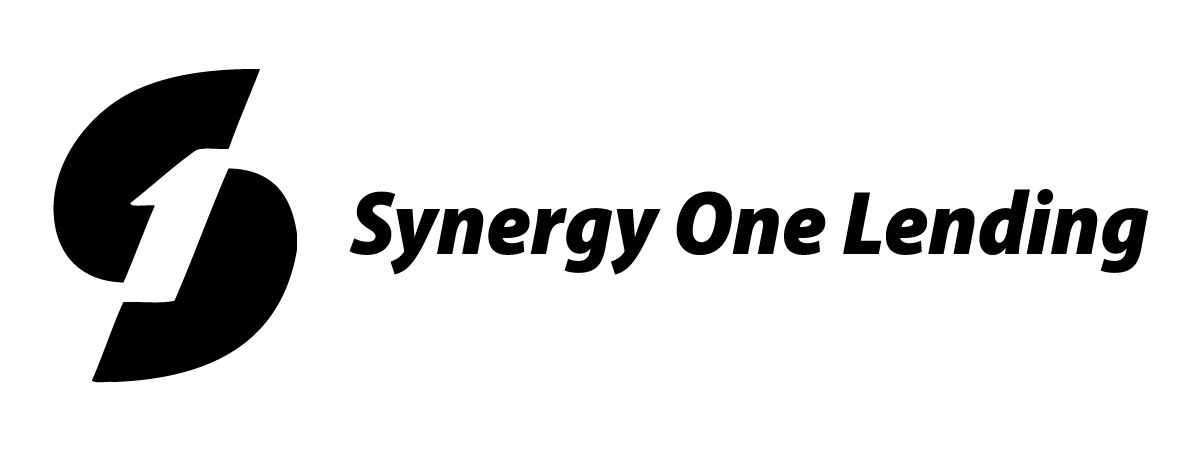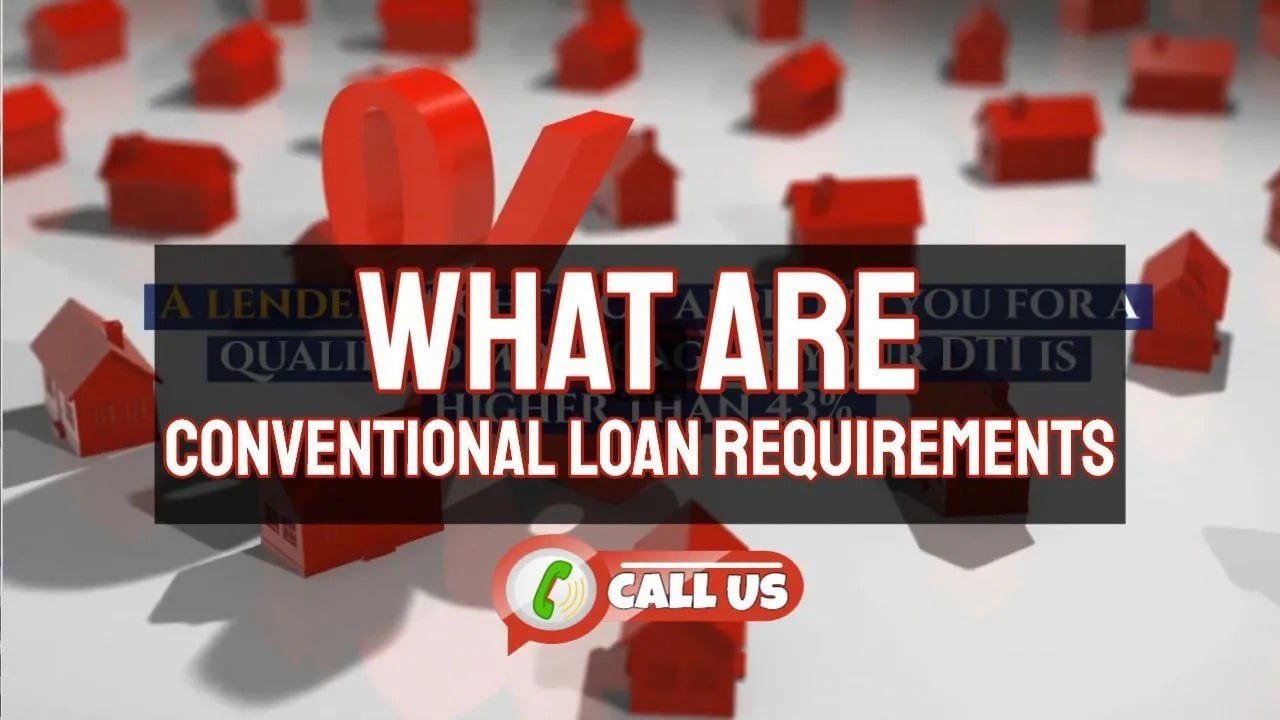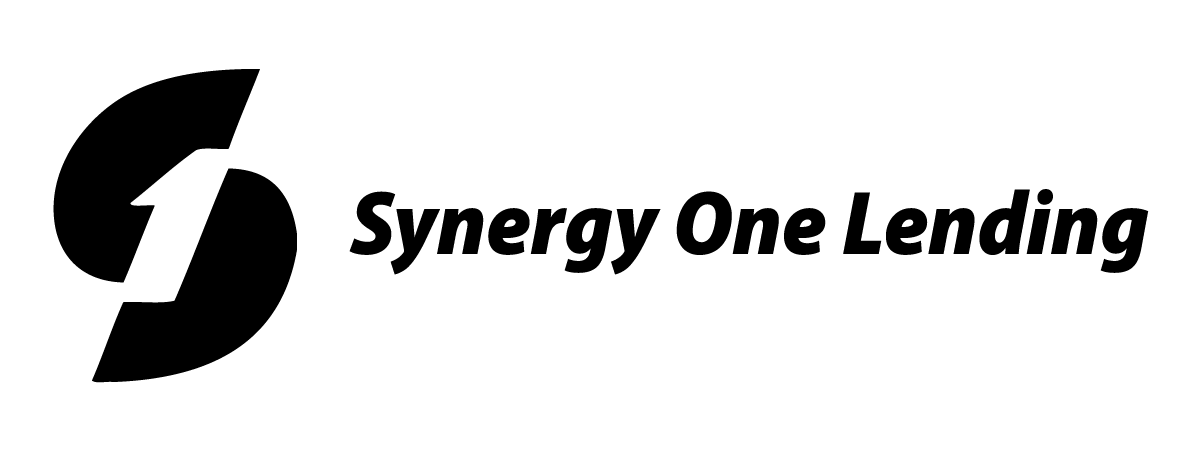Conventional Home Loans in Greenwood Village, Colorado

What Is A Conventional Loan and How Does A Conventional Loan Work in Colorado?
When buying a house in Greenwood Village, conventional loans are a great option. The interest rates are usually higher than FHA loans, but they are not the only difference. The guidelines for conforming to conventional loans also include some interesting information. For example, FHA requires a higher livability score. By contrast, conventional loans typically require a lower standard of living. So what makes one loan better than another? This article will explore some of the differences between the two types of loans.
A conventional loan requires a low debt-to-income (DTI) ratio. This ratio is calculated by taking the minimum payments on all debts and dividing them by your gross monthly income. 650 should be your minimum credit score to qualify for a conventional loan. You can also reduce your DTI by asking for a raise at work or lowering your monthly expenses. These steps will help you qualify for a conventional loan and get a better interest rate.
While an FHA loan has more stringent requirements, conventional loans do not. As a result, conventional loans tend to have lower interest rates than FHA loans. You can get a traditional conforming loan with a credit score as low as 620. While a conventional conforming loan will not require a credit score above 660, you may find yourself with a slightly higher interest rate.
A conforming loan meets the standards set by Fannie Mae and Freddie Mac. A nonconforming loan requires a minimum credit score of 620, and it is still possible to get a conforming loan even with a credit score of 720 or higher. A conforming loan does not require a 30-year payment history. You can opt for a conventional loan and enjoy lower interest rates than an FHA loan with an exceptional credit score.
A conventional loan has several benefits over a government-backed loan. While the FHFA sets limits for conforming loans, they are not as flexible as jumbo loans. According to Ragusa, CEO of REMI Realty in Plainview, New York, a conventional loan requires a down payment, which means a loan has a higher interest rate than a jumbo or an FHA loan.
A conventional loan has stricter guidelines than an FHA loan, so the down payment must be higher than the FHA down payment. In addition, a traditional loan requires a higher credit score and a larger down payment than an FHA mortgage. However, a down payment of 20% or more is standard for a conventional mortgage loan. If your downpayment is higher, you may be able to qualify for a smaller amount of money.
What's the Difference Between Conventional and Government Loan in Colorado?
What's the Difference Between a Conventional & Government Loan in Greenwood Village? These two types of loans have different qualifications. A conventional loan has no special requirements and is available to anyone with a good credit score. Those with a low down payment or no down payment can get approved for a conventional loan. In addition, conventional loans do not require upfront mortgage insurance, which can help people with poor credit or lower credit scores.
Those with credit score of 620 or high, can easily avail a conventional loan and generally require a 20% down payment. The only drawback to a traditional loan is its higher interest rate, and this means that borrowers must make a large down payment or pay mortgage insurance, which can raise the monthly mortgage costs. A conventional loan is not limited to primary residences, and those with a high credit score can buy rental properties and vacation homes, unlike the government compliant loans.
Another difference between a conventional loan and a government loan is the amount of down payment required. A traditional loan requires a minimum of 20% down, while a government-backed loan requires a minimum of five percent. Because a government-backed loan requires a lower down payment, it may be more affordable for first-time buyers. However, due to the fact that the down payment requirements are much lower, conventional loans are considered the better choice for first-time homebuyers.
Conventional loans are the best choice if you have a good credit score and enough funds for a down payment. A government-backed loan is often perceived as challenging to work with and will be accepted by fewer sellers. But a conventional loan is still an excellent choice if you can afford a 20% down payment. A traditional loan will help you avoid PMI and save you money on closing costs if you're a first-time homebuyer.
As a federal government guideline compliant mortgage, conventional loan has additional restrictions. It generally requires a 20% down payment, while a government-backed one requires less. A USDA loan is only available to those who are unemployed or are in low income. Despite the similarities between the two types of loans, consumers may prefer a conventional loan over a government-backed one.
A conventional loan has a maximum loan limit of 620. In contrast, a government-backed loan is approved for a lower DTI. Both types of loans are compliant with government guidelines and require a down payment. In addition to their differences in terms of eligibility, a USDA or VA government-backed loan has some additional benefits. For example, USDA and VA loans require no down payment, making them an excellent choice for homebuyers with lower credit.
Who Is Eligible For Conventional Loan In Colorado?
If you're looking to buy a home, you may be wondering if you qualify for a conventional loan in Greenwood Village. In recent years, mortgage rates have dropped dramatically, making it an excellent time to shop around and decide whether you can apply for a traditional loan. With the exemplary shopping practices, you can get a better rate and lower monthly payment than you'd otherwise be able to afford. Here are some tips for determining your eligibility for a conventional loan:
A good credit score is required to qualify for a conventional loan. In case you have a lower credit score than is required then you will need a considerably larger down payment and a higher income to get the loan. However, you can always find flexible lenders. You can apply for a conventional loan even if you have a low credit score. If your job salary is high enough, you'll be able to qualify for a traditional loan.
A Seattle, Washington home can get a maximum loan amount of $636,150. Similarly, a Los Angeles, California home could get a higher loan limit of $636,150. Although there are different rules for different types of loans, you should shop around to find the best deal.
A high credit score is required to qualify for a conventional loan. But remember that some lenders may allow borrowers with a lower score to get a conventional loan. It's worth mentioning that many lenders require a low credit score to get a traditional loan. As long as you have a 620 or higher, you'll be able to qualify.
A low credit score will not prevent you from obtaining a conventional loan. You only have to meet the criteria set by the guidelines, and you can find the best rate for a traditional loan. In case you are having trouble qualifying for a conventional loan, it's still possible to be eligible for a non-conventional mortgage. The key is to not lose hope if you can't qualify for a conforming loan. The mentioned knowledgeable advice can help you get a loan that is apt for your situation.
A conventional loan typically requires a down payment. Since traditional loans don't provide 100 percent of the purchase price, you'll need to make a down payment. A three-percent down loan will require a down payment of $10,500. But you'll be surprised how many conventional loan options can be approved based on a lower down payment. If your down-payment is lower than this, you may be able to qualify for a lower rate with a conventional loan.
A conventional loan is also an excellent option for people with poor credit. Besides offering the best interest rate, conventional loans are a good option for those with a low credit score. For this reason, a traditional loan is an excellent choice if you're buying a rental property. If you have a good enough credit score, you can qualify for a lower rate and avoid PMI. It is pertinent to note that a low credit score will affect your interest rates.
Compared VA or FHA Loan, the conventional loan has stricter requirements. Generally, borrowers with good credit can qualify for a traditional loan with as little as 3% down. Despite these requirements, you must maintain a credit score of 640 or higher to be eligible for a conventional loan hence why it is crucial to make sure that you are paying off your mortgage on time.
If you want to profit from a conventional loan, you should have a low-to-moderate credit score. A 500 or higher FICO credit score will help you qualify for a traditional loan, but a FICO of 620 is the minimum for an FHA mortgage. You can choose between fifteen, twenty, and thirty-year terms.
Best Tips To Apply For Conventional Loan in Colorado
A conventional loan is an excellent option for homebuyers who have good credit in Greenwood Village. This type of loan is typically lower in monthly payments than other types of loans. But if your credit is lower than exceptional, you may not qualify for a loan that fits within your income bracket. If your credit score is lower than extraordinary, you will probably need to pay a larger down payment. It is also best to have a solid income before you apply for a conventional mortgage.
Those with lower credit scores will likely qualify for a conventional loan, but a lower debt-to-income ratio will increase your chances of being approved. You can also improve your credit score by making timely payments and reducing your debt, other than only paying off any of your outstanding debts. A conventional loan can be used for a single-family home or a property with four or more units. Although the minimum down payment is usually 3%, you can qualify for a 30-year, fixed-rate mortgage.
The disadvantages of a conventional loan are that you may have to pay more than 20% in down payment, but you can often choose a higher down payment. A conventional loan is more flexible and allows you to put as little as 3% down. The downside is that most government-sponsored loans are intended for primary residences only. The benefits of a conventional loan are many. A home loan that can accommodate higher values is more expensive, but finding a lender willing to accept it is still possible.
For first-time homebuyers, a conventional loan is ideal. The interest rate is low-to-moderate and will depend on your credit history. With a 30-year fixed-rate conventional loan, you will only need to pay three percent of the purchase price. But if you've had bad credit in the past, you may qualify for a lower interest rate. With an exceptional credit score, you can get a loan with as little as five percent down.
While a conventional loan has the lowest interest rates, borrowers with bad credit should consider applying for a certified home buyer. The certification can help you get the best possible interest rate. In addition, it can also save you time in the closing process. A loan without any down payment is possible for a certified home buyer, and an accredited homebuyer can obtain a better deal. In hot markets, a conventional loan can be a practical option. However, it is essential to understand that you can pay off the mortgage with the loan.
Ensure checking your DTI score before applying for a conventional loan. While a traditional loan may not have a lower interest rate than an FHA loan, it can still be a good option for those with poor credit. A high credit score will help you qualify for a low-interest rate. While a conventional loan may require more down payment than an FHA loan, the mortgage insurance premium is lower than a jumbo loan.


